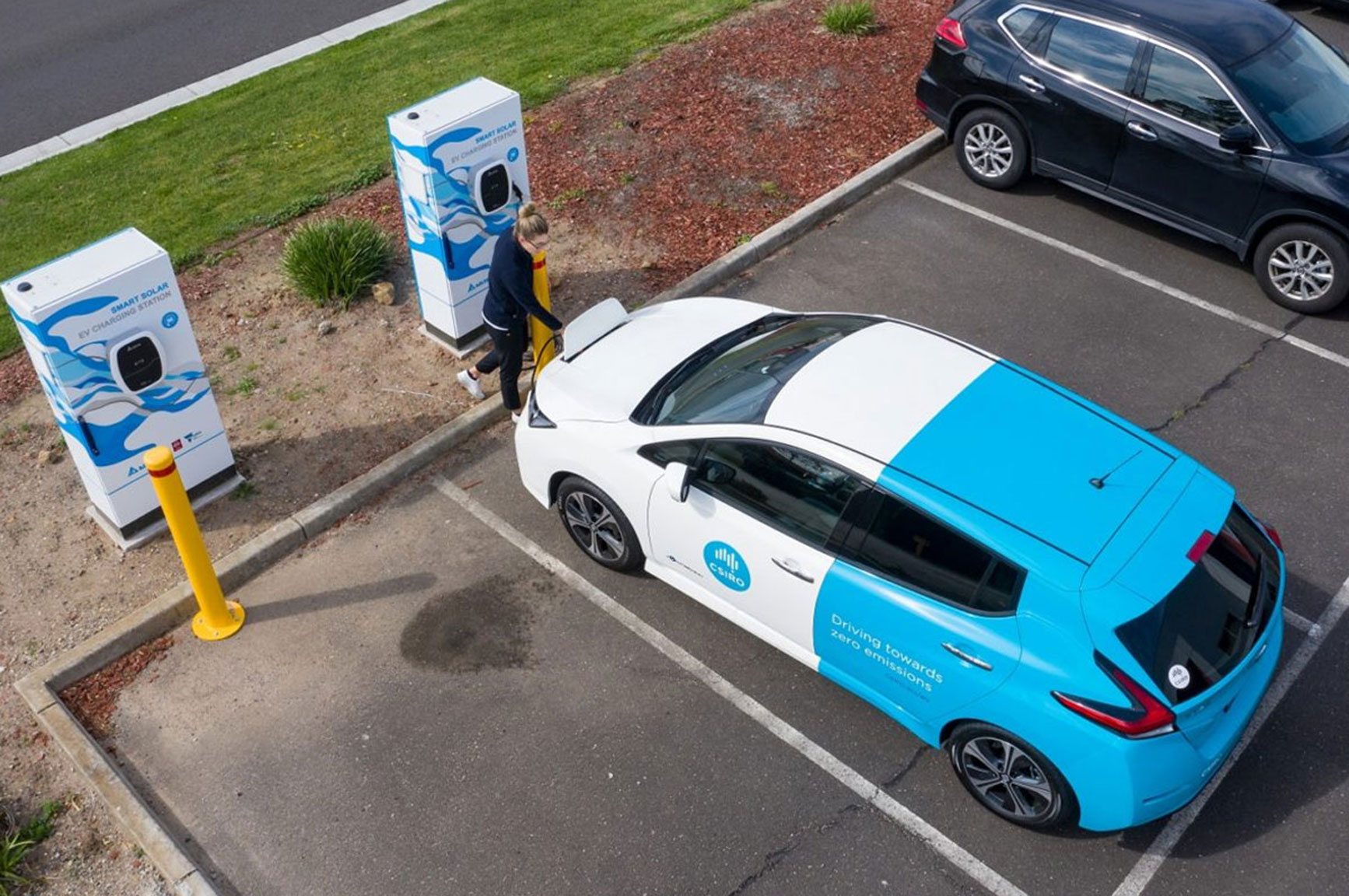
Power Requirement for EV Charging Stations and Impact on Grid for High Scale Adoption
Rahul Bagdia from pManifold was Speaker for APQI organised Webinar “Power Requirement for EV Charging Stations and Impact on Grid for High Scale Adoption”. pManifold is also NSN Partner to APQI and believe and support improving PQ ecosystem in India. This excerpt is taken from APQI website, and is also available at APQI website.
Topic Background
Over the past few years, Electric vehicles have become a very important part of the automotive industry as we try to look for a future that uses clean energy. Electric vehicles introduce a new concept of benefiting from electricity as the economic clean transportation technology. A lot of research and development has taken place in this field to improve the existing technology and to develop efficient ones.
This continued emphasis on research and development has resulted in great improvements in the technology of EVs. The National Electric Mobility Mission Plan (NEMMP) 2020, notified by the Department of Heavy Industry, Ministry of Heavy Industries and Public Enterprises, GoI seeks to enhance national energy security, mitigate adverse environmental impacts from road transport vehicles and boost domestic manufacturing capabilities for Electric Vehicles (EVs).
However, due to the effects of EVs on power sector and the electric network operation, utilities need to be concerned about reliable and safe operation of the network in presence of EVs. Electric vehicles have uncertain penetration in electric grids due to uncertainties in charging and discharging patterns.
This uncertainty makes it difficult to accurately assess the effects on local distribution network. Extra electrical loads due to uncoordinated charging of electric vehicles has different impacts on the peak load management. The distribution & transmission capacity will need adequate augmentation with penetration of EV chargers, for which the discoms shall require special planning and interventions.
EV chargers will often introduce power quality (PQ) issues within distribution circuits, which can have detrimental effects on system components. PQ encompasses several effects such as harmonic distortion, DC offset, phase imbalance, and voltage deviations, among others in myriad ways.
This webinar brings experts from the field of service provider/utility and technical consultant to share their experiences on the following topics:
- Power requirement for EV charging stations in India to maintain power quality in the network
- Impact of EV charging stations on grid components (specially transformers, being the most vulnerable)
- International best practices that can be undertaken by India for EV promotion and integration
Presentation coverage by Rahul Bagdia
- What are the different technologies used for EV Charging?
- What are the implication on grid for size of charging stations and different vehicle segments?
- What are different regulations and policies around power supply to the charging stations?
- What impact of EV load do you foresee on the overall grid? Any caution notes for Indian Discoms for grid integration?
- How can DISCOM use electric vehicle adoption to generate revenue? Any business model?
The full webinar presentation and recording can also be downloaded from APQI website.


